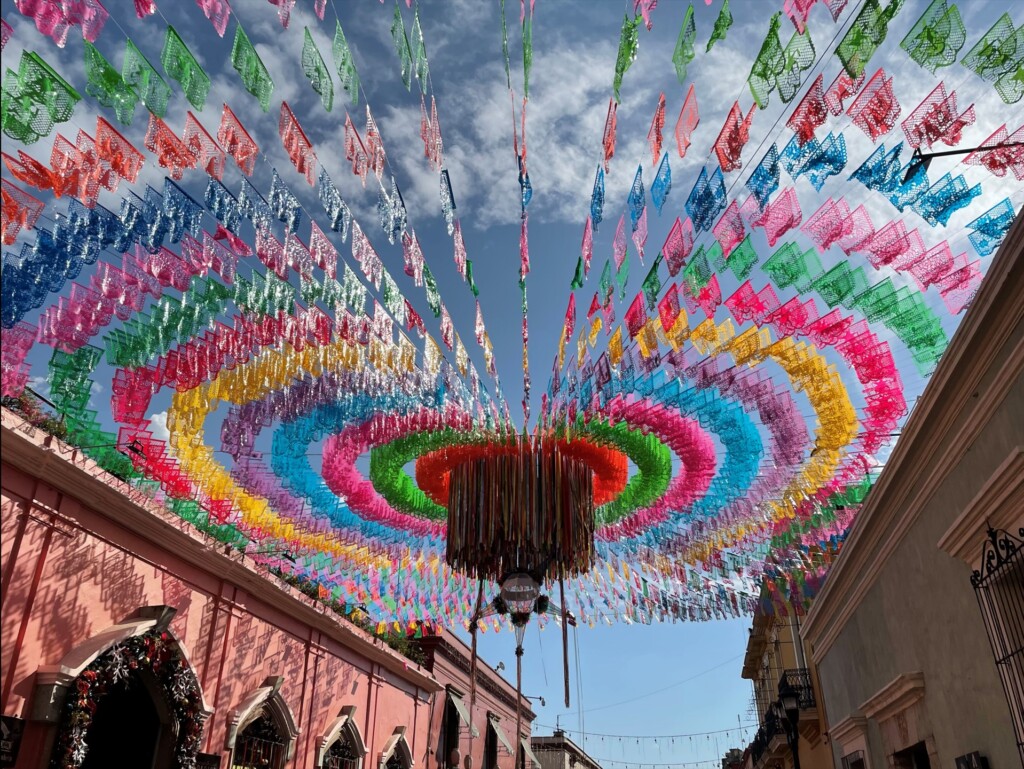Page 85 • (880 results in 0.09 seconds)
-
practicing, at which time she prepares the players by taping ankles or providing manual or soft-tissue therapy. She is the first responder for any in-practice or in-game injury, and is responsible for administering ice after practice and providing injury updates to the coaching staff. She also is responsible for player hydration, and would like to get more involved in nutrition education for the players. Through her many relationships in the business, Daly also has worked as a certified athletic trainer
-
amount of time. “It was one frame. I took a couple dozen others that weren’t as good.” Ebi’s job is to capture nature and build a catalog of his adventures. His photographs have been published in magazines, travel guides and lots of textbooks. He’s even been featured in books published by National Geographic. The former radio anchor studied journalism and economics at PLU. He spent time working in newspapers and financial reporting, and had a schedule that was conducive for outdoor play. “You worked
-

Related Programs: Chemistry Computer Science Dual Degree Engineering Earth Science Kinesiology Mathematics plu.natsci As a physics major, I have the opportunity to conduct research alongside my professors in a paid internship over the summer! I value this opportunity, especially because it is open to undergrad students like myself. After graduating in a couple of years I want to explore my options with environmental work and apply the principles I learned in physics to environmental conservation and
-

, language immersion, and cultural engagement. Students practice their language with other community members and form relationships with their professors. DISCOVER About Calendar Campus Map Land Acknowledgement Careers at PLU Lute Locker PLANNING Student Payments Textbooks Make a Gift Conference Planning RESOURCES Privacy Non-Discrimination Policy Accessibility Emergency Procedures Mailing Policy & Procedures Consumer Information Flag Display Stay Connected 12180 Park Avenue S. Tacoma, WA 98447 253-535
-

psychological research, and gain exposure to the practice of psychology in community settings. You’ll build important relationships with your professors, who will discuss career plans and provide assistance in a variety of ways throughout your college career and beyond. PLU psychology graduates have gone on to further training in psychology, as well as to medical school, law school, seminary, graduate programs in counseling, social work, occupational therapy, physical therapy, business, education and more
-
unit. (1 to 4) ESCI 291 : Directed Study To provide individual undergraduate students with introductory study not available in the regular curriculum. The title will be listed on the student term-based record as DS: followed by the specific title designated by the student. (1 to 4) ESCI 325 : Structural Geology The form and spatial relationships of various rock masses and an introduction to rock deformation; consideration of basic processes to understand mountain building and continental formation
-
undergraduate work was at San Diego State University, and she earned a master’s in physical education with an emphasis in sports administration at PLU. “I am so grateful to PLU for the education, the experiences and, most important, the people that I met through being a Lute,” she said. “There is so much pride within the PLU community. It’s an honor to be associated with a university that cares deeply for its students and alumni.” Back to top Dr. Munro Cullum '81 DISTINGUISHED ALUMNUS AWARD A couple of PLU
-
. He has always found the intersection between religion and politics fascinating. Since Judeo-Christian religion was shaped under powerful empires, part of his research revolves around the impact of colonial interests and power structures in the development of religious ideas. Human relationships are another favorite topic of Dr. Finitsis, particularly, when these relationships are seen through the lens of the human-divine contact and in the context of spirituality. Conference ScheduleJonathan
-
. He learned about the community and built lasting relationships that created a “living connection” to the artifacts from Ozette. Eventually, several years after Huelsbeck landed a teaching job at PLU in 1989, Ledford said it made sense for him to connect his work there to his work in Neah Bay. (Photos by John Froschauer, PLU) The result is one of PLU’s longest standing J-Term immersion experiences, one of many study away programs within the Wang Center for Global Education. Huelsbeck said many
-
is to continue to teach argument and advocacy to youth by developing these relationships with organizations and schools in the area. Through this, we hope to increase their opportunities in education and career development. A Year of Success, Awards and Recognitions across the NationIt was a successful year for the Forensics Forum in Pacific Northwest tournaments and in across the nation. Read below to see some of our stand-out achievements. Lewis and Clark, Portland, Oregon Brendan Stanton and
Do you have any feedback for us? If so, feel free to use our Feedback Form.


